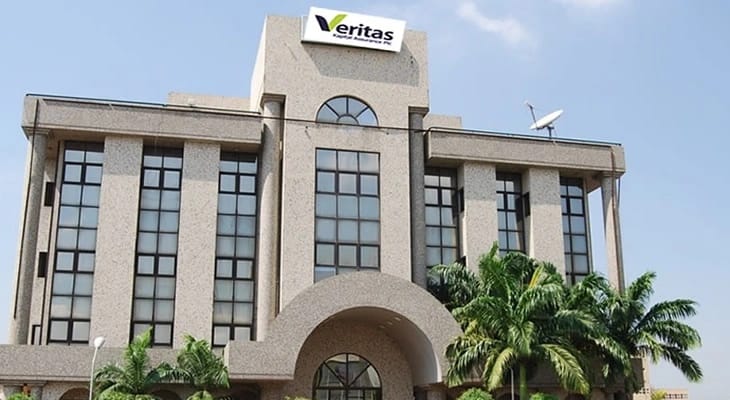The Association of Table Water Producers (ATWAP) in Enugu State has announced a temporary shutdown of water-producing factories due to the high cost of production.
The decision was made following an emergency meeting on February 8, 2024, where the challenges confronting the association’s members were extensively discussed.
Starting from February 12 to February 15, 2024, all Table Water Producers in Enugu State, including those producing sachets and pet bottles, are required to suspend production.
The move is aimed at providing an opportunity for the association to seek viable solutions to the numerous challenges faced by its members, particularly in light of the harsh economic situation in the country.
The statement issued by ATWAP highlighted the following:
- “The current harsh economic situation in the country, especially as it affects materials and other logistics for the production of sachet water in the state, was critically reviewed.
- “After hours of deliberations on the overwhelming challenges being encountered by ATWAP members, especially the over 500 per cent increase in the prices of raw materials and other factors of production, we have to come to this decision.
- “Following the 500% increase in the prices of raw materials, which included, nylon, parking bags, purifying materials, procurement of water from boreholes located outside the city, diesel, high electricity tariff, haulage/transportation and other maintenance and staff costs, we had to close shop.
- “Also, the upward review of various fees charged by both agencies of the state and local governments within our areas of operations is also a factor,” it said.
What you should know
In response to the crisis, ATWAP Enugu State Chapter has resolved that starting from February 16, 2024, a bag of sachet water (20 sachets) will be sold at N300.
This pricing adjustment is aimed at enabling producers to sustain their operations and rescue their businesses from total collapse. The resolution was unanimously endorsed by all members, with strict enforcement measures in place. Any defaulter or violator of this pricing resolution may face a fine of N200,000 per truck/driver caught by the ATWAP Task Force.
During the factory shutdown, members are advised to mobilize their staff for equipment cleanup, and the Task Force will conduct inspections to ensure compliance with standard operating procedures.
While acknowledging the challenges, the statement appealed to the cooperation of dealers and consumers, soliciting understanding during this period to enable producers to remain in business.
More Insights
Nigeria’s economic landscape is grappling with the persistent challenge of inflation, reaching a double-digit high of 24.5% in 2023, marking a substantial increase from the 18.8% recorded in the previous year.
Despite the Central Bank of Nigeria (CBN) adopting a hawkish stance on monetary policy, maintaining the Monetary Policy Rate (MPR) at 18.75% and the Cash Reserve Ratio at 32.5%, inflationary pressures have refused to unwind.
Contrary to expectations, the inflationary surge appears to be rooted more in limitations within the productivity sphere rather than being solely driven by monetary factors.
This distinction poses a significant hurdle for the CBN’s monetary interventions aimed at curbing inflation. The central bank’s efforts to tighten monetary policy through a higher MPR and increased Cash Reserve Ratio have not been as effective in quelling the inflationary tide.
This in turn has led to the crippling of over 2 million small and medium-sized enterprises in the country.
























